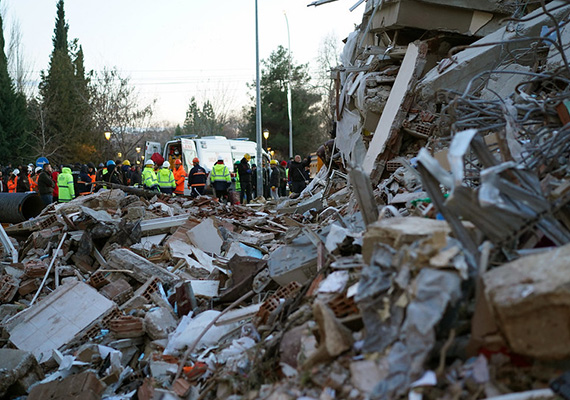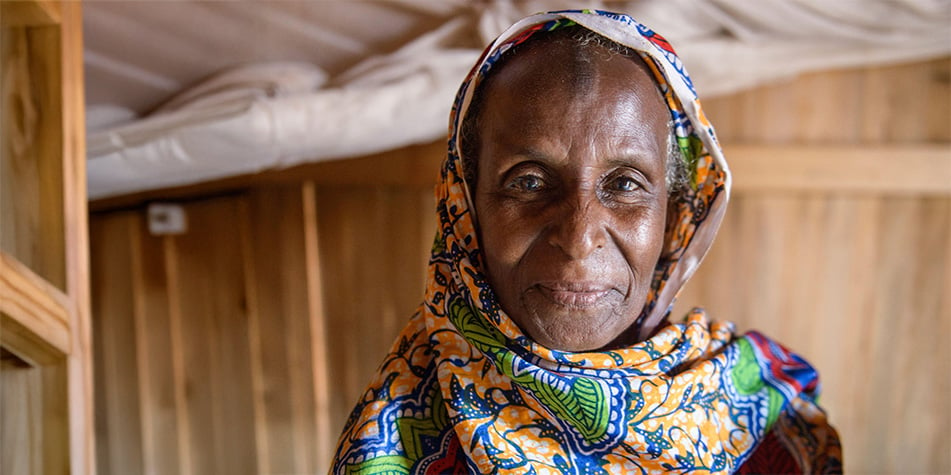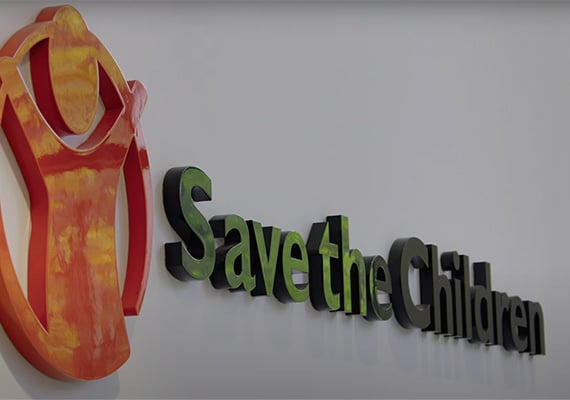Throughout 2024, CHL delivered its training courses in developing and war-torn countries in multiple languages. Associate Professor McGlasson recalls leading a recent program in Türkiye where she met Ukrainian aid worker Dr Yuliya Sporysh, who had experience running the charity NGO Girls but hadn’t been able to access formal leadership training.
'As I came to the non-governmental sector from business in 2019, I needed knowledge of how crisis response works and how to implement projects efficiently during crises,' Yuliya says.
'This knowledge greatly improved our interaction with partners and gave clarity on who to contact inside the response system and how to build our organisational capacity. The NGO Girls gained many advantages during project implementation because we were well-informed about the needs and requirements of partner organisations.'
'Yuliya describes our program as the thing she's needed for her whole career, even before she was working in humanitarian response,' Associate Professor McGlasson says.
Associate Professor McGlasson is proud that Yuliya is now leading CHL courses to empower her colleagues in Ukraine and elsewhere.
'These are people who have bravely said, "My country's falling apart. I'm going to do everything I can to respond and support the population". Those are the people who really inspire me.'
CHL has cemented its reputation as a global leader in the field of humanitarian aid training and demand far exceeds capacity.
'We have requests almost on a weekly basis, "Can you run training in this region? Can you do it in this language?". Myanmar, for example. So, we are chasing our tails as fast as we can with the funding we have in hand,' Associate Professor McGlasson says.
The Centre also pursues a robust research program. CHL publishes an annual bilingual journal, The Humanitarian Leader/Leader Humanitaire, in English and French. The publication is free to access and provides a platform for aid sector professionals, researchers, activists and volunteers to share and test their ideas.
Associate Professor McGlasson encourages those who wish to learn more about the Centre’s work and support future projects to get in touch.
'I love the way philanthropists think. There's a deep optimism that I think the world needs. It is so easy to become overwhelmed, but for every bad news story I can give you 10 good news stories and hold up literally thousands of people who have come through our programs who are out there in the world doing real work. And much of that work was made possible because philanthropic foundations and philanthropists realised that it was important.'



